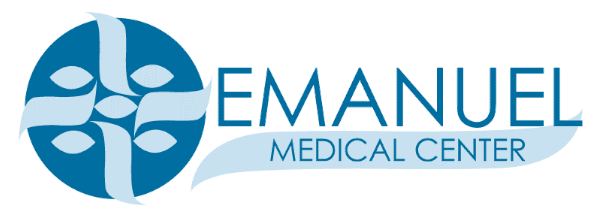Your Rights and Protections Against Surprise Medical Bills
When you get emergency care or get treated by an out-of-network provider at an in-network hospital or ambulatory surgery center, you are protected from surprise billing or balance billing.
What is “balance billing” (sometimes called “surprise billing”)?
When you see a doctor or other health care provider, you may owe certain out-of-pocket costs, such as a copayment, coinsurance, and/or a deductible. You may have other costs, or you may have to pay the entire bill if you see a provider or visit a health care facility that isn’t in your health plan’s network.
“Out-of-network” describes providers and facilities that haven’t signed a contract with your health plan. Out-of-network providers may be permitted to bill you for the difference between what your plan agreed to pay, and the full amount charged for a service. This is called “balance billing.” This amount is likely more than in-network costs for the same service and might not count toward your annual out-of-pocket limit.
“Surprise billing” is an unexpected balance bill. This can happen when you can’t control who is involved in your care—like when you have an emergency or when you schedule a visit at an in-network facility but are unexpectedly treated by an out-of-network provider.
You are protected from balance billing as follows:
Emergency Services
If you have an emergency medical condition and get emergency services from an out-of-network provider or facility, the most the provider or facility may bill you is your plan’s in-network cost-sharing amount (such as copayments and coinsurance). You can’t be balance billed for these emergency services. This includes services you may get after you’re in stable condition unless you give written consent and give up your protections not to be balanced billed for these post-stabilization services.
The state of Georgia and the federal government both have laws to protect you from balance billing although they are a little different. State rules only apply to self-insured employer health plans and government plans. Federal rules may also apply to commercial health insurance in situations where you received health care services in another state, your health insurance is regulated by a state other than Georgia or the health care service you received is not regulated by the state law. Most of the differences between the state and federal laws are in the way the rules affect providers and health insurers, so you usually won’t need to worry about that. However, the grievance processes are different, as indicated on the government websites linked below.
Certain services at an in-network hospital, ambulatory surgical center, or other facility
When you get services from an in-network hospital or ambulatory surgical center, certain providers there may be out-of-network. In these cases, the most those providers may bill you is your plan’s in-network cost-sharing amount. This applies to emergency medicine, anesthesia, pathology, radiology, laboratory, neonatology, assistant surgeon, hospitalist, or intensivist services. These providers can’t balance bill you and may not ask you to give up your protections not to be balance billed.
Under Georgia law this rule also applies to imaging centers, birthing centers, and similar facilities in addition to hospitals and ambulatory surgical centers. If you get other services at these in-network facilities, out-of-network providers can’t balance bill you, unless you give written consent and give up your protections.
You’re never required to give up your protections from balance billing. You also aren’t required to get care out-of-network. You can choose a provider or facility in your plan’s network.
The best way to find an in-network provider is to use the online provider directory on your health plan’s website.
When balance billing isn’t allowed, you also have the following protections:
- You are only responsible for paying your share of the cost (like the copayments, coinsurance, and deductibles that you would pay if the provider or facility was in-network). Your health plan will pay out-of-network providers and facilities directly.
- Your health plan generally must:
- Cover emergency services without requiring you to get approval for services in advance (prior authorization). Under Georgia law, your health plan cannot later deny such services because they don’t consider them medically necessary.
- Cover emergency services by out-of-network providers.
- Base what you owe the provider or facility (cost-sharing) on what it would pay an in-network provider or facility and show that amount in your explanation of benefits.
- Count any amount you pay for emergency services or out-of-network services toward your deductible and out-of-pocket limit.
If you believe you’ve been wrongly billed, you may first contact your provider and/or your health plan for an explanation. If they can’t resolve your concerns, you can contact Georgia Office of the Commissioner of Insurance and Safety Fire online at https://oci.georgia.gov/ or by phone at (404) 656-2070.
Visit https://www.cms.gov/nosurprises for more information about your rights under federal law or contact the Federal No Surprises Help Desk by phone at 800-985-3059.
Visit https://oci.georgia.gov/how-do-i-file-complaint for more information about your rights under Georgia law.
For a printable version of this information, click here.
Para leer esta información en español, haga clic aquí.
